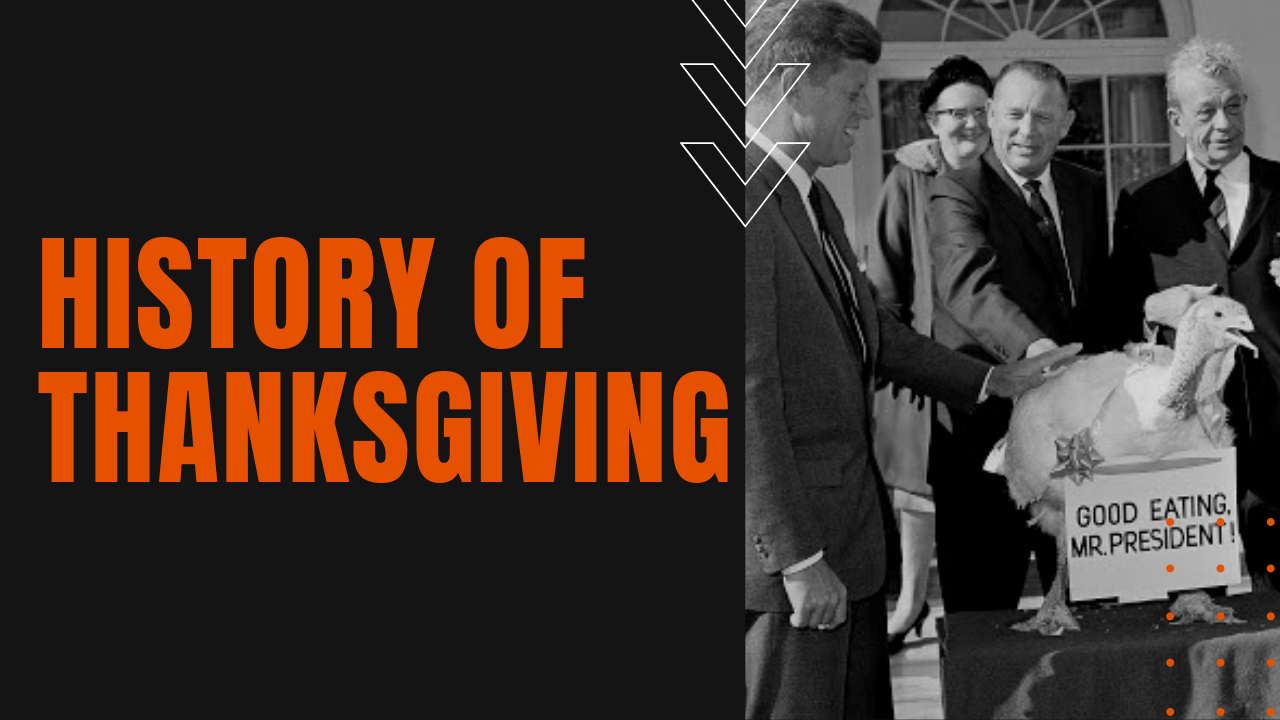History of Thanksgiving

Shared by societies throughout antiquity, harvest festivals have traditionally been a time when people come together with a sense of thanksgiving, both for the bounties of harvest and the absence of natural calamities that frequently threatened the survivability of a society heavily reliant on the land.
The first Thanksgiving occurred in late October 1621, when 90 Native Americans and 53 Pilgrims gathered in Plymouth to celebrate three days of autumnal thanksgiving, offering up communal prayers of thankfulness, highlighted by a feast of the year’s harvested abundance.
History of Thanksgiving in America
After the Pilgrim’s first harvest celebration, from then onward, Thanksgiving would be celebrated intermittently, until President George Washington issued his Thanksgiving proclamation of 1789, following a request by Congress.
President Thomas Jefferson chose not to observe the holiday, which remained an intermittent celebration until 1863, when President Abraham Lincoln proclaimed the last Thursday in November to be a national day of, in his words, “Thanksgiving and Praise to our beneficent Father who dwelleth in the Heaven.”
On June 28, 1870, President Ulysses S. Grant signed into law the Holidays Act that made Thanksgiving a yearly appointed federal holiday in The District of Columbia, which was further expanded to the nation in 1885, when Congress made Thanksgiving a federal paid holiday.
Under President Franklin D. Roosevelt, the date was changed from 1939 to 1941 amid significant controversy, until FDR signed into law in 1942 a proclamation that forever cemented Thanksgiving to the fourth Thursday in November, once and for all bypassing the discretion and whimsy of sitting American presidents.
